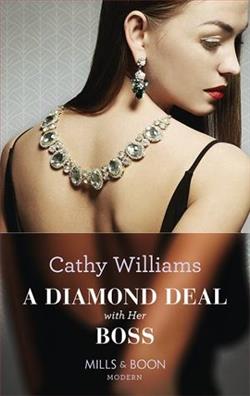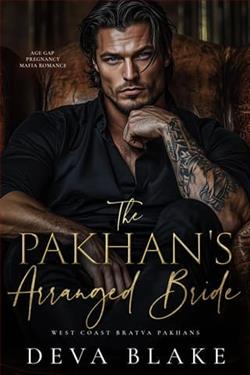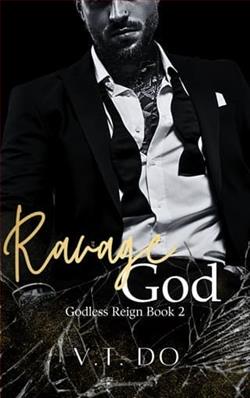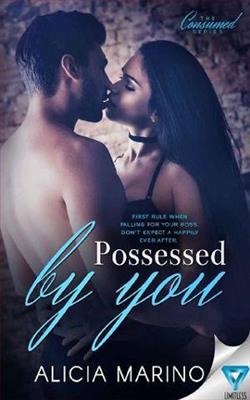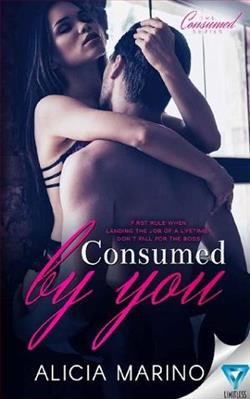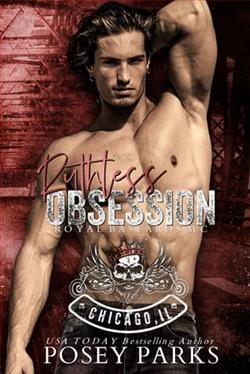Page 100 of The Stolen Queen
An old woman emerged from the fishing hut and invited them to sit at a table and chairs under a torn red canopy. In broken English, she spoke of a night many years ago during a frightening storm, when a steamer and a felucca had collided in the middle of the river, the captains blinded by the pouring rain. Her son had gone out in a boat to help with the rescue and plucked a baby girl from the water just after the man holding her was swallowed up by the river. Her son had brought the baby home, and her son’s wife, who had recently given birth to a stillborn child, insisted they keep the girl for a few days. He had agreed, eager to comfort his distraught wife, to ease her pain. A few days turned into months, and then years.
As she spoke, a woman in her forties appeared on the footpath and joined them.
“Fatima, there you are,” said the older woman.
“I’m so sorry, I got held up at work.” She stood near her grandmother, one hand on the woman’s shoulder. They both woreheadscarves, and the younger of the two stood with a straight back, as if she were bracing herself for a blow.
Charlotte remained seated, unsure of what to do next, what to say, even though the electricity between them was palpable. It took all her strength not to run to the woman and pull her close. Not yet. She didn’t want to spook her. Charlotte scrutinized her face, just as she had Mona’s a couple of months earlier. The woman had Charlotte’s small ears, thank goodness, and Henry’s nose, and Charlotte recognized her mother’s high cheekbones. She was taller than Charlotte—about Annie’s height—with narrow shoulders. Her eyes were a golden brown. She was beautiful.
It was Layla.
Fatima, the clerk from the Winter Palace Hotel, was Layla.
That day, on the rooftop of the Met, when Annie had figured out the puzzle to Mona’s vague declarations, Charlotte’s first impulse had been to head to the airport and take the next flight to Egypt. But Henry had advised taking a more measured approach, instead sending a letter to Fatima, care of the Winter Palace Hotel, which would allow her time to process what they were asserting.
They’d received a reply a month later—it felt like centuries to Charlotte, who luckily had been kept busy with the relocation from New York to Cairo. The letter had been sent to Henry in Geneva, as he had a fixed address, and he’d called Charlotte immediately with the news: Fatima wanted to meet them in Luxor.
And now here they were. “I hope our letter wasn’t too overwhelming,” said Charlotte.
“No.” Fatima looked back and forth between Charlotte and Henry. “I knew who you were. Even before you found me.”
Charlotte had imagined all kinds of reactions that Fatima could have had upon receiving their letter: disbelief, anger, resentment athaving her world turned upside down. The last thing Charlotte expected to hear was that she already knew.
“I’m sorry,” sputtered Henry. “What? When did you find out?”
“When I was a teenager, I needed a birth certificate for something, and when my parents couldn’t provide one, they eventually admitted that I was a foundling. They mentioned something about a shipwreck and how I was miraculously rescued, and so I went to the library and scoured old newspapers, found articles written about the collision. Your photos and names were included—as victims of the sinking—along with the name of a baby girl, the only infant on board, Layla Smith. I knew that had to be me. The article said you’d come to Luxor to work for the Metropolitan Museum.”
“Did you tell your parents what you discovered?” asked Henry.
She shook her head. “It would’ve hurt them.”
“They passed away last year,” said the grandmother. “Within a month of each other.”
“I’m sorry to hear that,” said Charlotte.
Fatima’s chin quivered. “They were good parents, raised me well. They insisted I learn English, and because of that, I got a job at the hotel, starting as a maid and working my way up to the position of desk clerk. I was pleased to land a position at the hotel popular with the foreign archaeologists because I liked the idea that maybe my birth parents once walked down the same halls.”
Her grandmother nodded from her chair. “She is a good girl, she takes care of me. I told her to marry, but she said she wanted to stay here with me. A good girl,” she repeated.
“Of course, gídda,” said Fatima. “It’s true. I never married or had children. I preferred to work, to support myself and my grandmother instead of relying on someone else.” She glanced up shyly at Henry. “A few years ago, a man rushed up to the check-in desk at the hotel and asked if Henry Smith was available, but then quickly shook hishead and said, ‘No, sorry, Darius Farid is his name.’ The guest was out, but when he arrived to collect his messages, I recognized him from the newspaper photo I carried with me. Your faces and names had been etched in my brain ever since I first saw them, and I knew he was the same man. I knewyouwere the same man.”
“I remember that day,” said Henry.
“I couldn’t believe you were alive, after all this time. But you were distracted, and there was a woman with you, she called you Father. I watched as you argued in the lobby. I could tell there was something terribly wrong.”
“That was Mona, my other daughter. Your half sister.”
“I didn’t think it was right for me to approach at that time. When your daughter came to the desk to check out a couple of hours later, I pulled her aside and said that I believed I was also the daughter of her father. I tried to explain about the shipwreck, but I was flustered and it must have sounded crazy. She laughed at me, said if I didn’t leave her alone she’d complain to the manager that I was harassing her and her family. I probably went about it all wrong, I see that now.” Fatima’s forehead wrinkled at the recollection. “She stormed off.”
“Sounds like Mona,” said Henry, a pained look on his face.
“My parents were still alive then, and I decided to forget about it, so as not to cause them any hurt or get myself into trouble.” She glanced over at Charlotte. “And then, a few years later, you showed up.”
“Did you recognize me as well?” asked Charlotte.
“Yes. Right away. After the shipwreck, the newspapers identified you as Charlotte Smith née Cross. After you told me your name and that you worked at the Met Museum, I knew it was you.”
“That’s why you asked us so many questions when we first arrived,” said Charlotte. “I remember thinking it was like going throughcustoms all over again. Why didn’t you say something, if not that day, then before we left?”








